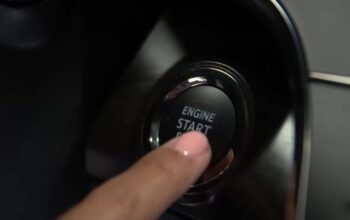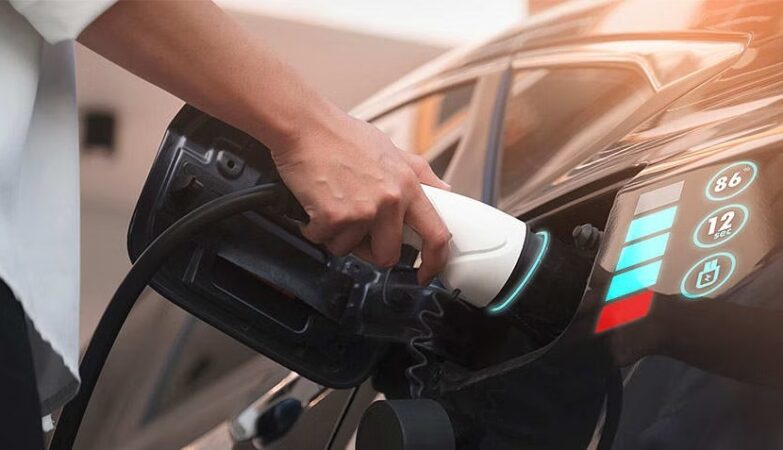Car maintenance is an indispensable aspect of vehicle ownership that goes beyond mere responsibility. It is an investment in your vehicle’s longevity, safety, and performance. A well-maintained car not only provides a reliable mode of transportation but also ensures that every journey, whether a daily commute or a long road trip, is undertaken with utmost safety and efficiency. This comprehensive guide aims to illuminate the pivotal aspects of car maintenance, offering valuable insights into preserving your vehicle’s condition and optimizing its operation.
The Essence of Regular Car Maintenance
Regular car maintenance is the cornerstone of a vehicle’s health. It encompasses a variety of procedures and checks designed to prevent malfunctions, extend the vehicle’s lifespan, and maintain its resale value. From routine oil changes to tire rotations and beyond, each maintenance task plays a crucial role in ensuring your car remains in optimal condition, providing peace of mind and enhancing your driving experience.
Key Car Maintenance Tasks
- Oil and Filter Changes: Engine oil lubricates, cools, and cleans the engine’s internal components, preventing wear and tear. Over time, oil degrades and must be replaced to maintain engine efficiency. Regularly changing the oil and filter is fundamental to engine health.
- Tire Care: Tires affect your vehicle’s performance, fuel efficiency, and safety. Regular tire maintenance, including pressure checks, rotations, and alignments, ensures even tire wear, prolongs tire life, and maintains handling and fuel efficiency.
- Brake System: The brake system is critical for safety. Regular inspections and maintenance of brake pads, rotors, and fluid can prevent potential failures and ensure responsive braking.
- Battery Maintenance: A car’s battery is essential for starting the engine and powering electrical components. Regular checks and cleanings can prevent unexpected failures and extend the battery’s life.
- Fluid Levels: Maintaining proper levels of all fluids, including coolant, transmission fluid, power steering fluid, and brake fluid, is crucial for the smooth operation of various systems within your vehicle.
- Air Filters: Clean air filters improve engine performance and efficiency. Replacing clogged air filters ensures optimal air flow to the engine and cabin, enhancing engine life and interior air quality.
The Benefits of Proactive Car Maintenance
Proactive car maintenance offers numerous benefits. It enhances vehicle safety by ensuring that all critical systems, like brakes and tires, are in top condition. It also improves fuel efficiency by keeping the engine and other components running smoothly. Regular maintenance reduces the likelihood of costly breakdowns and repairs, saving money in the long run. Furthermore, a well-maintained vehicle commands a higher resale value, making maintenance a wise financial decision.
Finding the Right Maintenance Provider
Selecting a reputable service provider is key to effective car maintenance. Look for certified technicians with expertise in your vehicle’s make and model. Transparent pricing, quality parts, and comprehensive service offerings are hallmarks of a reliable maintenance provider. Personal recommendations and online reviews can also guide you to trustworthy service centers.
In Conclusion
Car maintenance is an ongoing commitment that reaps significant rewards in terms of reliability, safety, and efficiency. By adhering to a regular maintenance schedule and addressing issues promptly, you ensure your vehicle remains a dependable companion on the road. Embrace car maintenance as a fundamental part of vehicle ownership, and enjoy the peace of mind and satisfaction that comes from knowing your car is in prime condition, ready to take you wherever you need to go.







